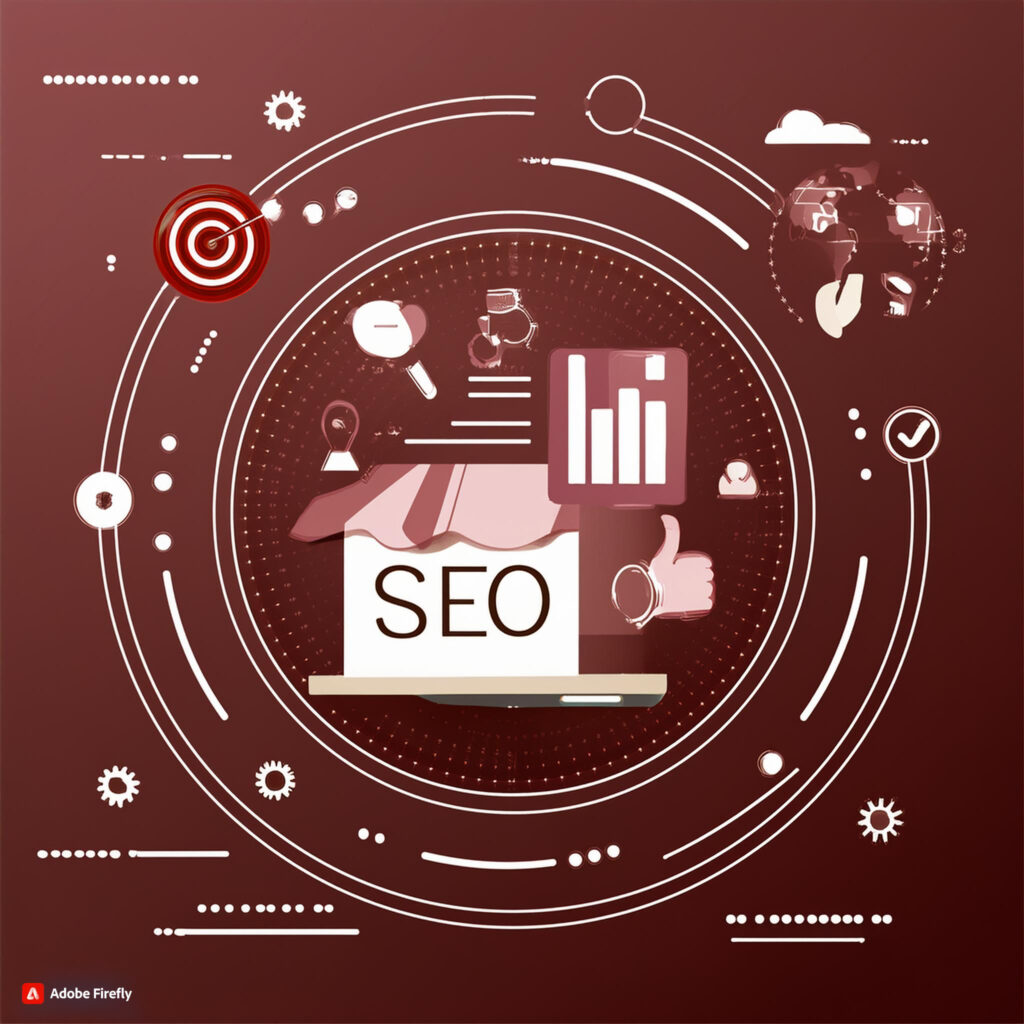How AI is Reshaping SEO and Digital Marketing
In the fast-evolving landscape of digital marketing, artificial intelligence (AI) is not just a trend; it’s a game changer. As businesses strive to connect with their audiences more effectively, AI is providing innovative solutions that enhance strategies, improve user experiences, and optimize outcomes. Here’s how AI is reshaping SEO and digital marketing.

1. Enhanced Data Analysis
AI-powered tools can process vast amounts of data at unprecedented speeds. This capability allows marketers to gain deeper insights into customer behavior, preferences, and trends. By analyzing this data, businesses can tailor their SEO strategies to better meet the needs of their target audience, ultimately leading to more effective campaigns.
2. Predictive Analytics
Predictive analytics uses historical data to forecast future outcomes. In digital marketing, this means understanding potential customer behaviors and trends before they happen. Marketers can refine their strategies based on these predictions, ensuring that their campaigns are proactive rather than reactive. This approach can significantly improve conversion rates and ROI.
3. Content Creation and Optimization
AI tools like natural language processing (NLP) can assist in content creation by analyzing what types of content perform best for specific keywords and topics. These tools can generate content ideas, optimize headlines, and even create drafts, allowing marketers to focus on strategy and creativity. Furthermore, AI can assess the readability and engagement levels of content, ensuring it resonates with the intended audience.
4. Voice Search Optimization
With the rise of smart speakers and voice-activated devices, optimizing for voice search has become crucial. AI technologies help businesses understand the nuances of voice queries, which tend to be more conversational. By analyzing these patterns, marketers can adjust their SEO strategies to incorporate long-tail keywords and natural language phrases, improving visibility in voice search results.
5. Personalization at Scale
AI enables hyper-personalization by analyzing user data and behavior. This capability allows businesses to deliver customized experiences to individual users across various touchpoints. From personalized email campaigns to tailored landing pages, AI can help marketers create content that resonates on a personal level, increasing engagement and loyalty.
6. Automated Marketing Processes
AI streamlines marketing workflows by automating repetitive tasks. This includes everything from social media posting to email marketing and customer segmentation. By freeing up time spent on mundane tasks, marketers can focus on strategy and creative thinking, driving innovation in their campaigns.
7. Improved Customer Insights
AI tools can analyze customer feedback from various sources, including social media, reviews, and surveys. This analysis provides valuable insights into customer sentiment and pain points. By understanding their audience better, businesses can refine their products and services, leading to enhanced customer satisfaction and loyalty.
8. Enhanced User Experience
AI enhances user experience by enabling features like chatbots and personalized recommendations. Chatbots provide immediate assistance, improving customer service and engagement. Similarly, recommendation engines analyze user behavior to suggest relevant products or content, guiding users through their buying journey.
Conclusion
The integration of AI in SEO and digital marketing is transforming how businesses operate. By leveraging AI technologies, marketers can gain deeper insights, automate processes, and create personalized experiences that resonate with their audiences. As the digital landscape continues to evolve, those who embrace AI will be better positioned to stay ahead of the competition and drive meaningful results.
